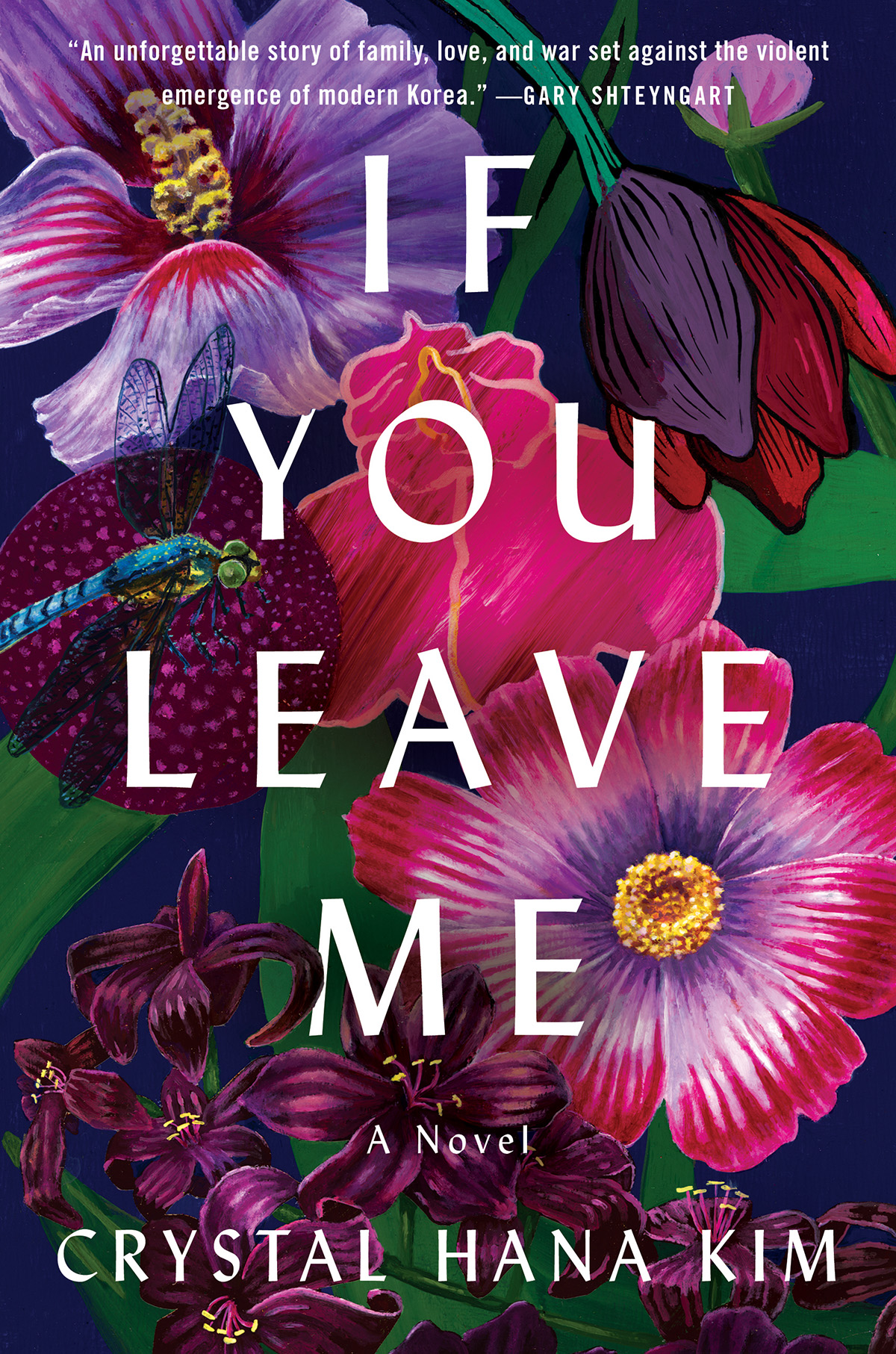
If You Leave Me
A Novel
کتاب های مرتبط
- اطلاعات
- نقد و بررسی
- دیدگاه کاربران
نقد و بررسی

March 15, 2018
Fleeing to a refugee camp when Communist-backed troops from the North invade her hometown in 1950s Korea, Haemi Lee clings to a beloved friend but is drawn to the security offered by his wealthy cousin. With a 75,000-copy first printing; Kim won PEN America's Story Prize for Emerging Writers.
Copyright 2018 Library Journal, LLC Used with permission.

Starred review from May 21, 2018
A family struggles to balance tradition and change in Kim’s marvelous debut. Sixteen years old and living in a refugee camp in 1951 Busan, South Korea, Lee Haemi is not interested in marrying but knows the plight of her situation might necessitate it. War has put everything on hold except starving, dying, and desperation. Her decision to find a husband—borne partially out of hope for finding help for her ailing little brother, Hyunki—ripples through the lives of those around her, especially the cousins who compete for her affections: quiet, studious Yun Kyunghwan and loyal, clever Yun Jisoo. Kyunghwan and Jisoo are both conscripted and go off to war, where the former is injured and the latter becomes inured to the staggering violence and cruelty he witnesses. After the fighting, Jisoo asks Haemi to marry him, and she agrees, feeling he is the best option to guarantee the safety of her family. After they move to a small town and start a family of their own, Kyunghwan tries to get into college and fails; instead, he lands several demeaning jobs before eventually working his way up the ladder through a series of factory jobs. In a crucible of political upheaval, modernization, and tumultuous love, Haemi is faced with choosing between safety and her own passions when Kyunghwan reenters her life. Kim’s lyrical intergenerational saga resonates deeply and will appeal to readers who enjoyed The Orphan Master’s Son.

June 1, 2018
In this debut novel, a love triangle is complicated by temperament, circumstance, and history: Korea, 1951-1967. We meet Haemi Lee at 16, in a refugee camp. The war between North and South has forced what is left of her family--her mother and her invalid younger brother--from their village. In her boredom, she's begun going out at night with a boy named Kyunghwan--they ride a bicycle into town and find ways to drink makgeolli and have some fun. The problem is that by day, she's being courted by this boy's wealthier, orphaned cousin, Jisoo. Jisoo wants to marry Haemi before he enlists, mainly so that he can have the sense that there's a family waiting for him at home when he returns. Haemi's decision plays out over the next 16 years, a time of great upheaval in the lives of all Koreans. The perspective on the action is split among five first-person narrators--the three already mentioned, Haemi's younger brother, and one of her daughters--and leaps over years at a time. This both expands the scope of the story and muffles its emotional power. Most interesting is the character of Haemi, who knows something is wrong with her, something that manifests as irritability, dissatisfaction, impulsivity, and an inability to connect deeply with those closest to her. In a world without diagnoses, therapists, or antidepressants, she will face a challenge even greater than the romantic one--becoming a mother. The character of Haemi is fascinating, her predicament a kind of Korean Virginia Woolf situation. Though this bulky saga is not as compelling as it could be, Kim's portrayal of the effects of mental illness on a family at a psychologically naïve time is perceptive and moving.
COPYRIGHT(2018) Kirkus Reviews, ALL RIGHTS RESERVED.

























دیدگاه کاربران